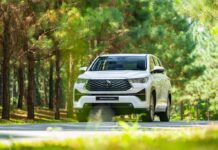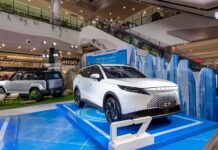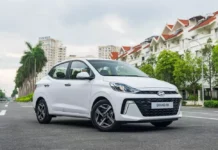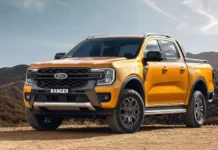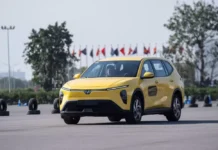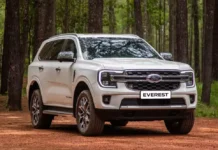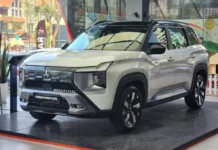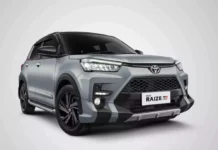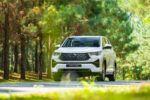The early 2020s marked an unprecedented race in the automotive industry: major car manufacturers were setting deadlines to phase out gasoline engines. Volvo and Bentley pledged to sell only electric vehicles by 2030. Ford Europe also vowed to eliminate gasoline cars entirely by the end of the decade. Porsche aimed for electric vehicles to account for over 80% of its sales by 2030, while Audi announced it would cease production of internal combustion engine vehicles by 2032.
However, many of these plans have since been delayed, with some manufacturers postponing their timelines by a few years or indefinitely. A clear trend is emerging.
Automakers were overly optimistic, assuming that demand for electric vehicles would skyrocket rapidly. While most went “all-in” on electrification, two giants—BMW and Toyota—took a different path.
Both brands resisted the “electric-only” trend. BMW, the world’s best-selling luxury car brand, and Toyota, the largest global automaker, argue that electric vehicles cannot fully replace gasoline cars in the short term. High prices, inadequate charging infrastructure, and challenges in developing markets remain significant barriers.
BMW: The Power of Choice
BMW adheres to its philosophy of “The Power of Choice,” allowing customers to select between gasoline, diesel, hybrid, electric, or even hydrogen-powered vehicles. By 2028, BMW will launch a hydrogen fuel cell SUV based on the X5, developed in collaboration with Toyota.
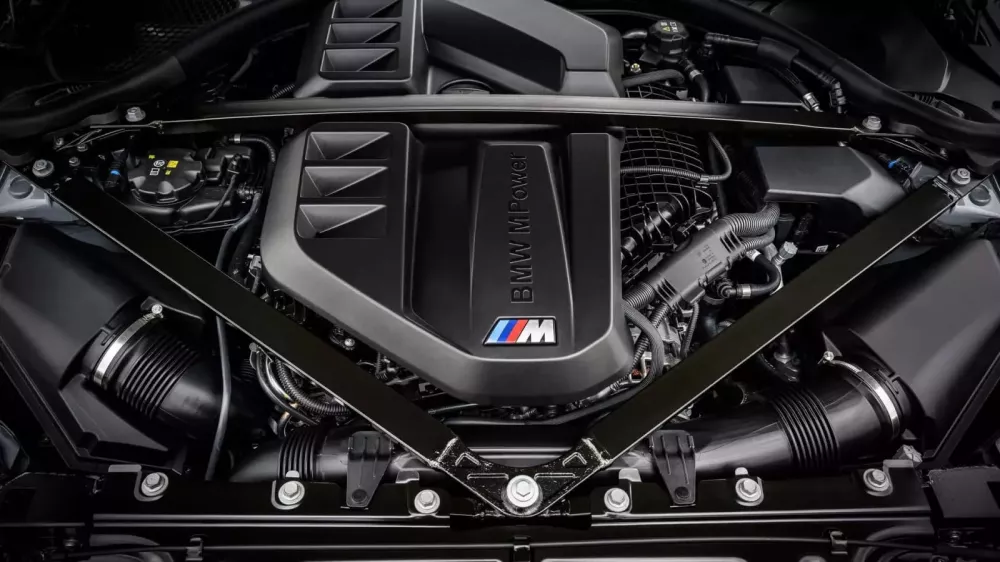
BMW’s CEO, Oliver Zipse, has repeatedly opposed the EU’s plan to ban gasoline car sales by 2035. He argues that such regulations restrict consumer choice and threaten tens of thousands of jobs in the industry: “We don’t believe in one-size-fits-all policies. Relying solely on one technology, like electric vehicles, will lead the industry to a dead end. The disparities among European countries are still too vast. Europe needs a strong automotive sector, and we’re fighting to protect it.”
This doesn’t mean BMW is neglecting emission reduction goals. The company has invested over €10 billion in the Neue Klasse platform—its largest project ever. The new iX3 will kickstart the upcoming wave of electric vehicles, followed by the all-electric i3 sedan and iX5 SUV. Meanwhile, BMW continues to develop internal combustion engines, including I6 and V8 options for its high-performance M series, upgraded to meet Euro 7 standards. Diesel engines aren’t disappearing either, with BMW confirming a diesel variant for the new X5 launching in 2026.
Toyota: Electric Vehicles Won’t Exceed 30% Global Market Share
Toyota shares a similar stance. Andrea Carlucci, Vice President of Toyota Europe, stated: “We’re optimizing new gasoline engines to integrate with any powertrain—from hybrid and electric to hydrogen.”
Toyota’s Chairman, Akio Toyoda, made headlines by predicting that electric vehicles will never surpass 30% of the global market share. Though controversial, his vision reflects Toyota’s balanced approach: avoiding pressure on customers to choose electric vehicles while expanding options through hybrid, plug-in hybrid, synthetic fuels, and hydrogen combustion technology.
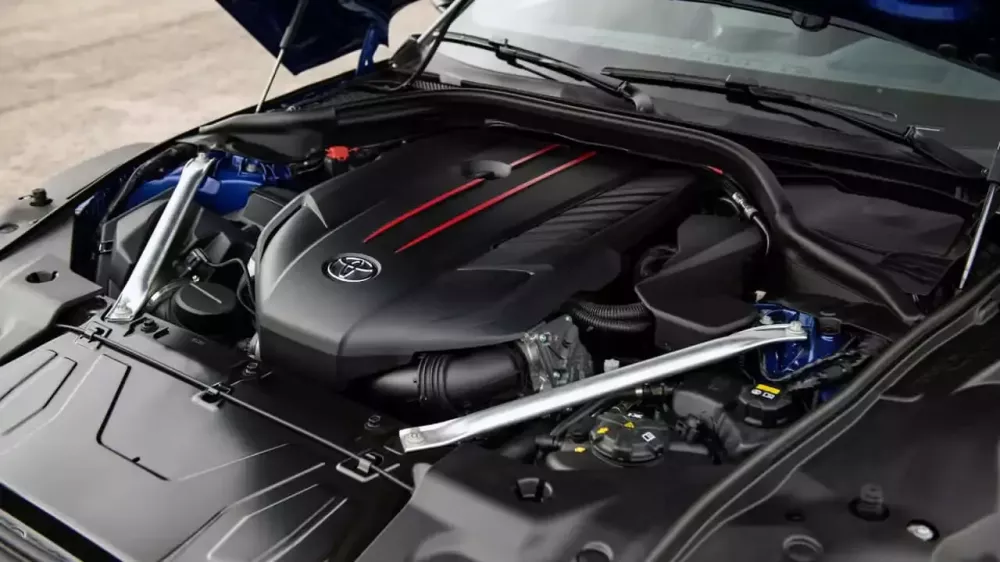
Toyota has partnered with Mazda and Subaru to develop carbon-neutral and bio-based fuels. The company has tested hydrogen combustion engines in the GR Yaris and GR Corolla, using an upgraded version of the 1.6L turbocharged engine.
By avoiding abrupt strategy shifts, BMW and Toyota have gained a competitive edge. In contrast, rivals like Porsche have had to backtrack—rushing to revive the gasoline-powered Macan, which wasn’t part of their original plan. The 718 Boxster and Cayman are also returning with internal combustion engines, and Porsche’s new three-row SUV will debut with a gasoline variant instead of the planned electric version.
These reversals have increased costs, but electric vehicles aren’t losing ground. Despite slower-than-expected growth, EV sales continue to rise. According to the European Automobile Manufacturers Association (ACEA), electric vehicles accounted for 17.7% of new car sales in Europe in the first eight months of the year, up from 14.1%. Globally, the IEA reports that in 2024, electric vehicles made up over 20% of new car sales, with 17 million units sold—a 25% increase from the previous year. In 2025, this number is expected to exceed 20 million, with China alone accounting for about 60%.
By maintaining a multi-energy strategy, BMW and Toyota are not only adapting to market fluctuations but also preparing for every future scenario.
Regions will transition to electric vehicles at varying speeds. For instance, in 2024, Norway achieved a record 89% electric vehicle share of total sales, while the U.S. reached only 9.2%.
This significant gap underscores the reality that BMW and Toyota have chosen the right path.

